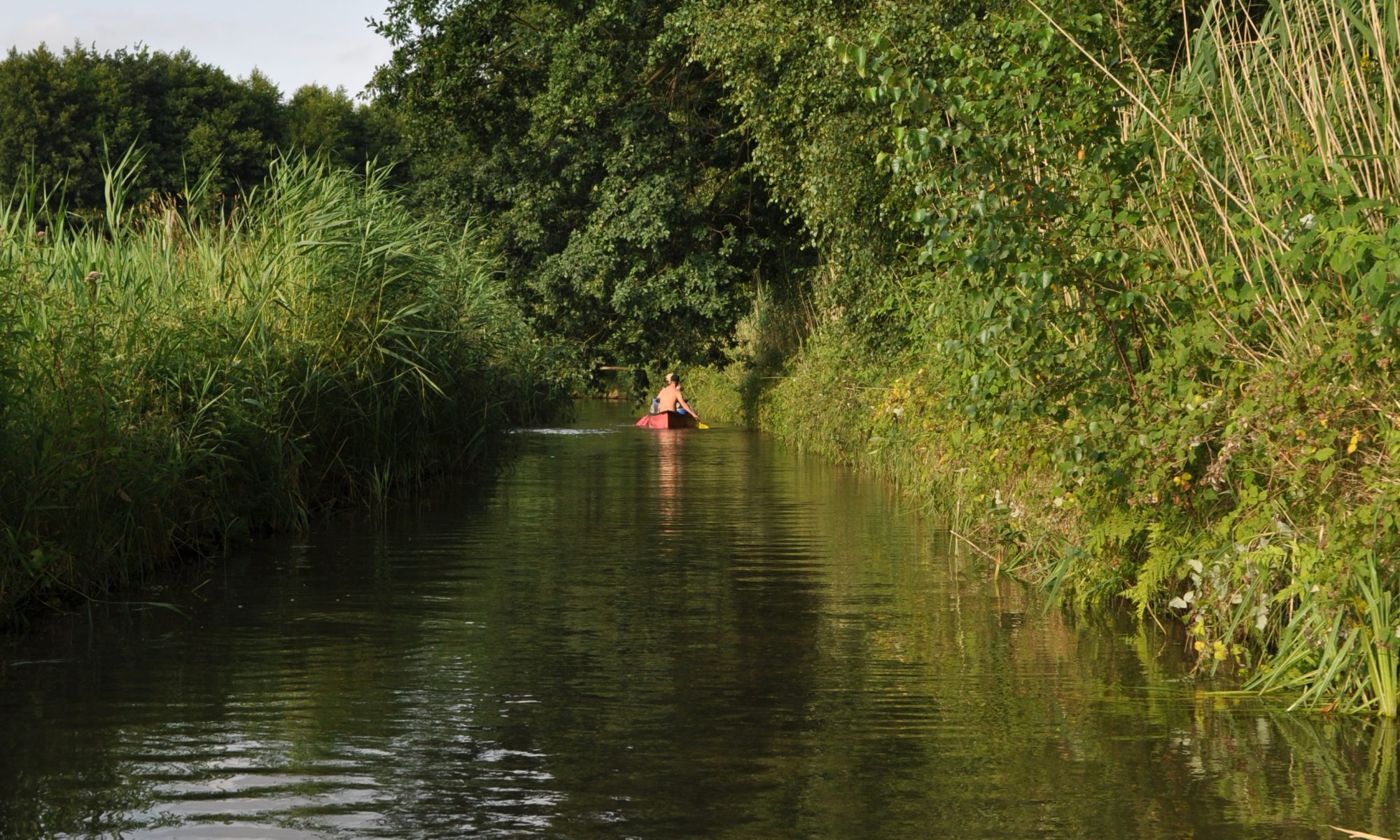Nora Meyer; Malwina Schafft; Benjamin Wegner; Christian Wolter; Robert Arlinghaus; Markus Venohr; Goddert von Oheimb
https://doi.org/10.1016/j.jnc.2021.126073
Abstract
With the increasing importance of recreational activities in and around inland water bodies, there is a need for sound knowledge about their ecological impacts. This narrative review summarizes and analyses the ecological effects of the land-based activities walking, biking, nature observing and relaxing on the shoreline as well as the water-based activities swimming, snorkelling, scuba diving, and canyoning. Searching multiple databases with standardized search terms retrieved twenty-six publications for further analyses. While walking was the most studied activity, birds were the most studied organism group, with a focus on individual time budgets and avoidance behaviour. Population-level analyses were exceedingly rare. The most frequently studied activity-effect combinations were walking and birds, walking and terrestrial plants and scuba diving/snorkelling and fishes. Aquatic plants, amphibians, reptiles, water chemical parameters and terrestrial and aquatic algae were underrepresented in the existing literature. No study on mammals was identified. Disturbance often led to temporary behavioural changes of birds and wildlife. Plants were more strongly impacted than animals, suffering from recreation-induced damage and dieback, which led to changes in community composition. The difference in intensity of impact between mobile and sessile organisms calls for different management strategies, depending on local conservation targets. Future studies should focus on underrepresented taxonomic groups and study population or community-level impacts, to collectively provide the sound scientific basis for the sustainable recreational use of inland water bodies, while minimizing or avoiding severe ecological impacts.

